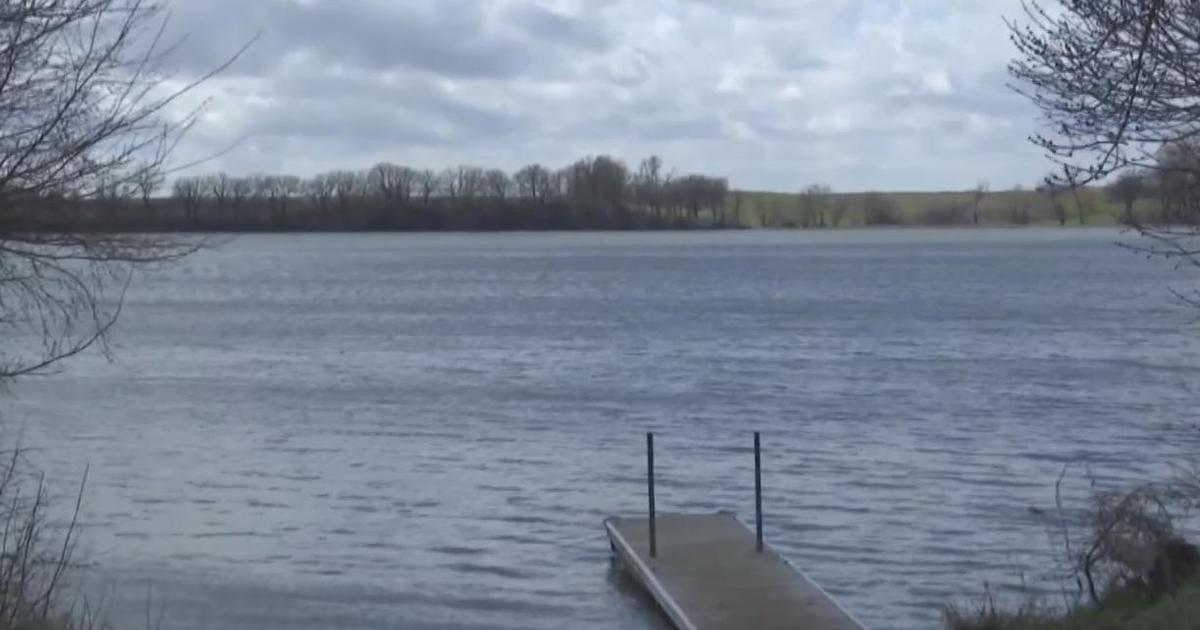A Year After Floods, Shippers Face Low Miss. River
MEMPHIS, Tenn. (AP) — A year after the Mississippi River swelled to near-historic proportions and flooded farms and homes from Illinois to Louisiana, the level along the waterway's southern half is so low that cargo barges have run aground and their operators have been forced to lighten their loads.
Wide, sandy strips of shoreline usually invisible even in the low season are now exposed, shrinking the river's width and affecting the way tow captains navigate.
Such is life along the nation's main inland waterway, where millions of tons of goods are shipped every year, some of which end up as exports departing from south Louisiana ports. Those who make their living along the Mississippi learn to adapt to the river's fickle nature.
"It's remarkable, but it's completely normal," said Jim Pogue, spokesman for the Army Corps of Engineers in Memphis. "You get a low river, you get a high river, but it's completely normal."
There isn't much man can do to deal with the exceptionally low river, which at Memphis, is just about 6 feet above the record low.
"Pray for rain," said Tommy Hart, director of the port in Greenville, Miss. "I'm not a big fan of rain, but this time I am."
Aside from that, the best coping mechanism is careful navigation. With the river this low, the channels are shallower and narrower, presenting problems for barges loaded with coal, grain, iron, steel, sand, gravel and more. They must reduce their loads to avoid bottoming out and take extra care not to collide when passing another string of barges in the thinner channel.
Also, low water at docks and terminals makes it more difficult to load or unload material, as ships have trouble getting close enough to docks. Companies must get permits from the Army Corps to dredge near their docks to find deeper places to load and unload.
The National Weather Service said the Mississippi River gauge in Memphis was at minus-4.8 feet on Friday, but there's no need to panic. The "minus" reading does not mean the river is dried up — it's just a measurement based on how the river gauge is designed. Essentially, the reading means the river level is far below normal.
That low level stands in contrast to the flood of 2011, which saw the Mississippi fall about a foot short of the record crest of 48.7 feet set in 1937. The National Weather Service has set the official crest of last year's flood at 48.03 feet on the Memphis gauge.
"It's basically just the opposite of last year," Pogue said.
One reason for the difference is a lack of rainfall in the Ohio River valley and the north Mississippi River basin, said Ryan Husted, a National Weather Service meteorologist in Memphis. Sections of Tennessee and regions to the north are experiencing drought conditions. Most areas in the Mid-South are 10 inches or more below normal for rainfall for the year, the weather service said.
Lower-than-normal snowfall levels over the northern plains this winter are also an issue, Husted said. Less snow means less water from melted snow making its way into the Mississippi and the rivers that feed it.
The record low on the Memphis gauge is minus-10.7, set during a severe drought in 1988. That year, a stretch of river about 100 miles south of Memphis was temporarily closed, Pogue said.
Near Greenville, Miss., more than 700 barges were backed up on the river. Crews dredged day and night to make the river deep enough for traffic to resume.
A paper published in the Bulletin of the American Meteorological Society in September 1989 estimated that the drought caused the U.S. barge industry to suffer a 20 percent income loss, with total losses at about $1 billion that year.
The Army Corps predicts that the river will drop to within about 2 feet of the record, but it is not expected to reach it, Pogue said. So far, no stretch of the river has been closed, but at least one harbor, in Hickman, Ky., has been shut down.
Since 1988, the Corps has worked to improve the navigation system in the river, making sure channels are sufficiently deep. That means the river wouldn't necessarily close, even if the record low is reached this year, Pogue said.
Although Coast Guard officials say closings are not imminent, there have been problems. Towed barge groundings are up compared with years when the river's water level was normal, said agency spokesman Ryan Gomez said.
Meanwhile, barge operators have to carry less cargo to avoid running aground, which means they make less money each trip.
Nashville-based Ingram Barge Company, which operates on the Mississippi and other rivers, has seen business suffer, said Ingram spokesman Keel Hunt.
"Captains and crews know how to navigate through waters high or low," Hunt said. "In a time like this, however, it's a particular challenge because in some cases it's just very difficult to move a barge full of products."
In Arkansas, the water is so low where the White River meets the Mississippi that barges must pass through a series of river locks. And in New Orleans, the Mississippi is so low that the wooden pilings of the wharfs near the French Quarter have been exposed.
But shippers and river pilots reported no navigation problems. Michael Lorino, the head of a pilots group that takes ships across the pass at the mouth of the Mississippi, said recent dredging by the Army Corps had made it a smooth ride for ocean-going vessels.
Anthony Hauer, director of the port at Natchez, Miss., said his port has a deep water channel, and it's not likely barges would have to lighten their loads there.
At Greenville, port director Hart checks the river's level every day. This is harvest season, a busy time for a port that ships goods from the heart of Mississippi's farmlands. According to the Mississippi Department of Intermodal Planning website, the port at Greenville ships potash, rice, corn, wheat, grain feed ingredients, fertilizer and scrap.
A major concern at Greenville and other ports is that the entrance to the river could get too shallow. If that happens, barges could be forced to carry lighter loads to make it to the channel, and the port is hoping to dredge its opening to the river to keep traffic flowing.
"We seem to be living in a day and age of extremes. We had the flood last year and now we have low water," Hart said.
(© Copyright 2012 The Associated Press. All Rights Reserved. This material may not be published, broadcast, rewritten or redistributed.)



